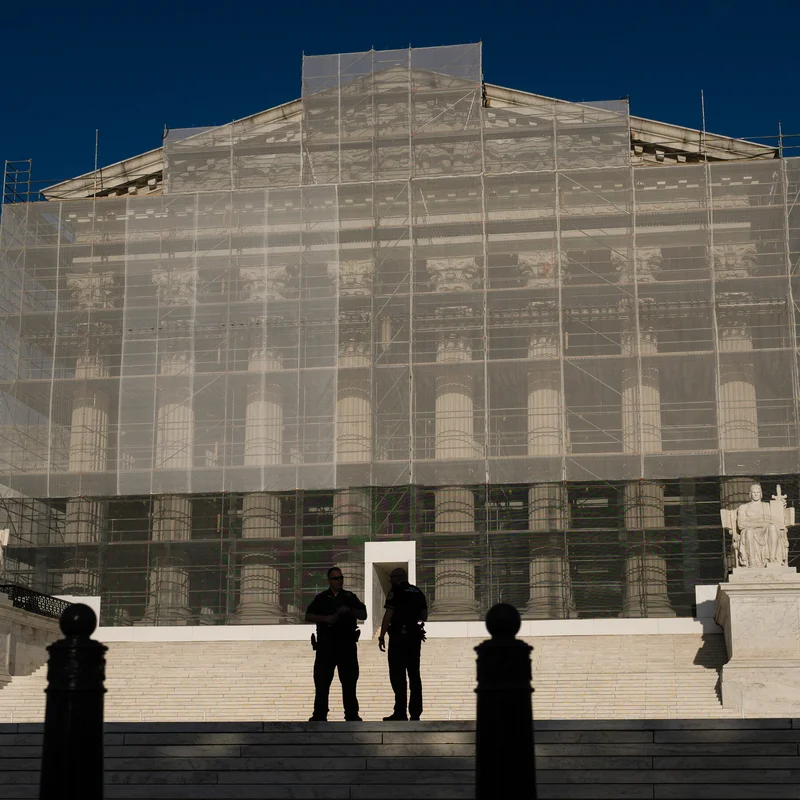In a move that could reshape American immigration law, the Trump administration has formally asked the U.S. Supreme Court to allow enforcement of an executive order ending birthright citizenship—the long-standing practice that grants automatic U.S. citizenship to nearly all children born on American soil. Government lawyers filed the request on Thursday, arguing that the 14th Amendment’s citizenship clause has been misinterpreted for over a century .
What Is Birthright Citizenship?
Birthright citizenship stems from the 14th Amendment, ratified in 1868, which states: “All persons born or naturalized in the United States, and subject to the jurisdiction thereof, are citizens of the United States.” For decades, this has been interpreted to include children of undocumented immigrants.
The Trump administration now contends that children of non-citizens or undocumented parents are not “subject to the jurisdiction” of the U.S.—a legal argument that directly challenges over 125 years of precedent, including the landmark 1898 case United States v. Wong Kim Ark .
⚖️ Key Legal Timeline
- 1868: 14th Amendment ratified.
- 1898: Supreme Court affirms birthright citizenship in Wong Kim Ark.
- 2018: Trump first proposes ending birthright citizenship via executive order.
- 2025: Administration files emergency petition to enforce new executive order.
What the Executive Order Would Change
If upheld, the order would deny citizenship to children born in the U.S. to parents who are:
- Undocumented immigrants
- On temporary visas (e.g., tourist, student, work)
- Not lawful permanent residents
Only children of U.S. citizens, green card holders, and certain refugees would automatically receive citizenship at birth.
Potential Impact by the Numbers
| Category | Estimated Annual U.S. Births | Would Lose Citizenship? |
|---|---|---|
| Children of undocumented parents | ~200,000 | Yes |
| Children of temporary visa holders | ~50,000 | Yes |
| Children of U.S. citizens or LPRs | ~3.2 million | No |
Source: Migration Policy Institute, 2024 estimates
Legal and Political Reactions
Constitutional scholars across the ideological spectrum have expressed skepticism. “This is not a close call,” said Harvard Law professor Laurence Tribe. “The text, history, and precedent all point to birthright citizenship as settled law.”
Yet the administration argues that modern immigration patterns justify a reinterpretation. In its filing, the Justice Department wrote: “The framers could not have envisioned mass illegal immigration.”
Democratic lawmakers warn the move could create a permanent underclass of stateless children. Meanwhile, conservative legal groups like the Federalist Society have signaled cautious support, calling it a “necessary constitutional reckoning.”
What Happens Next?
The Supreme Court has not yet decided whether to take the case. But the administration’s filing includes an emergency request to lift lower-court injunctions that have blocked the executive order since its announcement.
If the Court agrees, the policy could take effect before the 2026 midterm elections—making it a flashpoint in national debates over immigration, identity, and constitutional rights.
For a deeper look at how citizenship laws vary globally, see our explainer on [INTERNAL_LINK:global-citizenship-policies].




